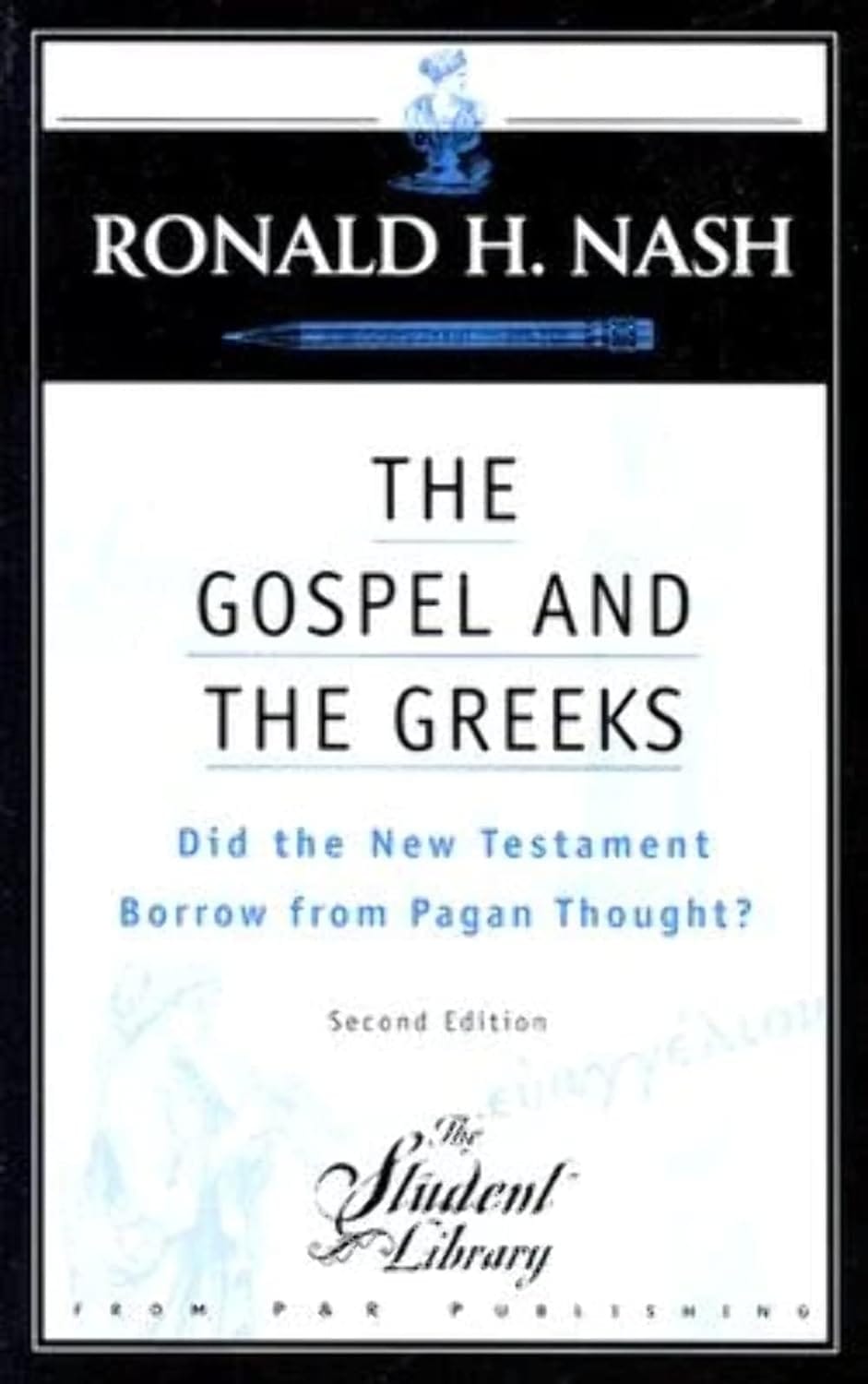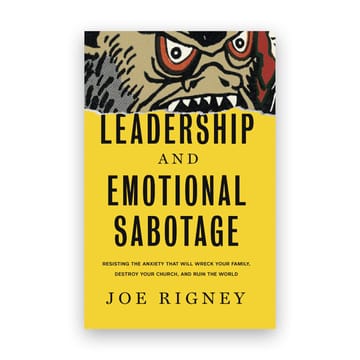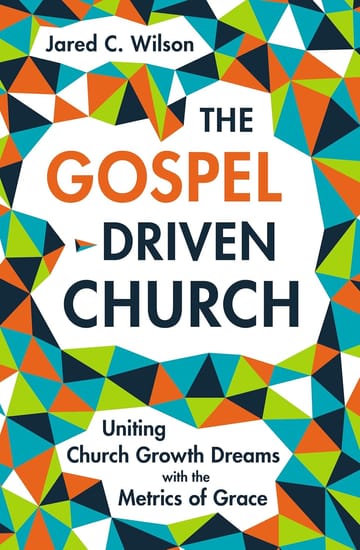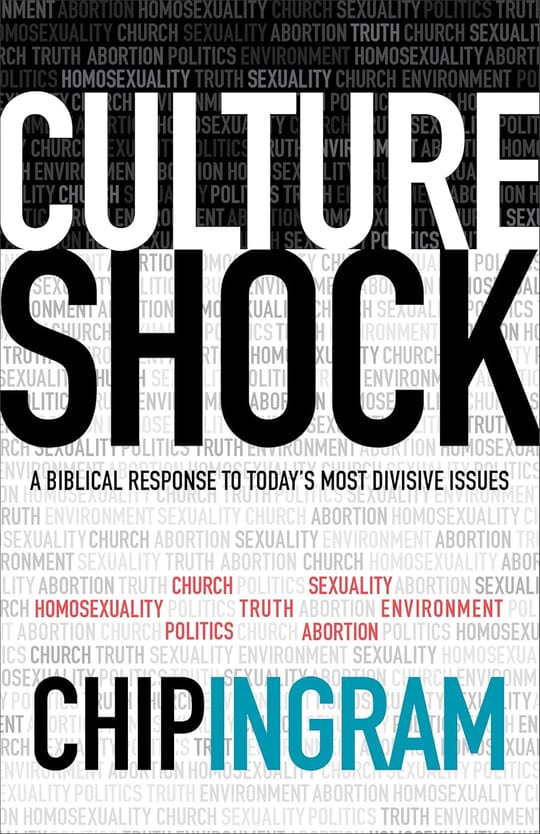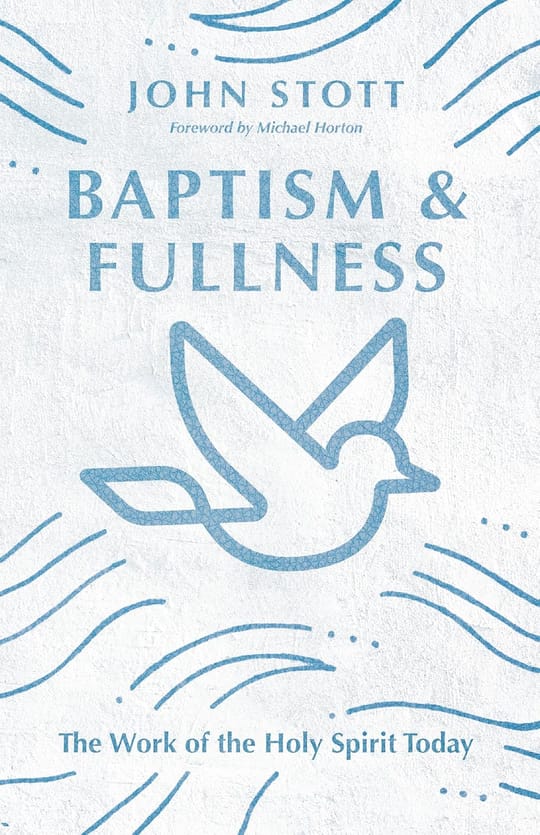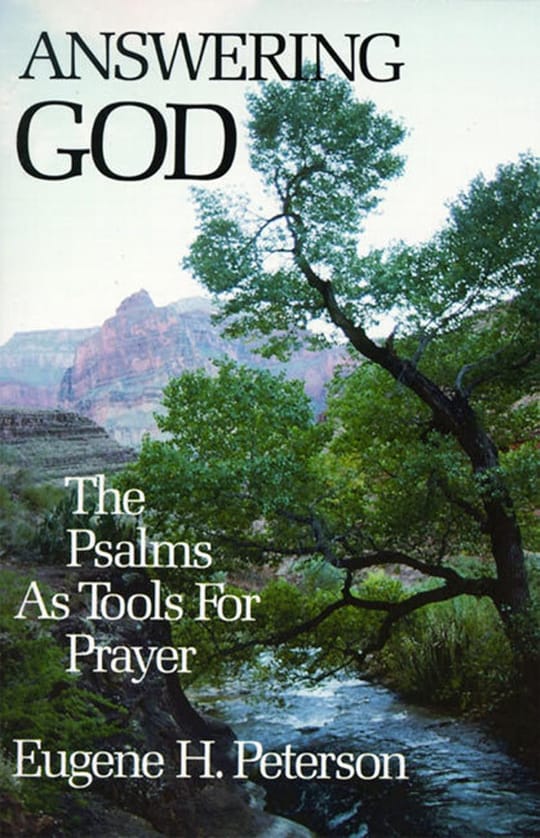Title: Examining the Roots: A Review of The Gospel and the Greeks
Author: Ronald Nash
The relationship between early Christianity and the prevailing pagan philosophies of its time has long been a subject of debate among scholars. Ronald Nash’s The Gospel and the Greeks: Did the New Testament Borrow from Pagan Thought?offers a meticulous and compelling exploration of this complex topic, aiming to uncover the true influences on the New Testament.
The Central Question
Nash tackles the provocative question: Did the New Testament writers borrow ideas from contemporary pagan philosophies? He scrutinizes this notion with scholarly precision, seeking to clarify the origins of Christian doctrines and dispel misconceptions about their roots.
Key Takeaways
- Thorough Historical Analysis: Nash embarks on a detailed historical investigation, examining the cultural and intellectual milieu of the first century. He delves into various pagan philosophies, including Stoicism, Gnosticism, and the mystery religions, assessing their potential impact on early Christian thought.
- Defense of Christian Distinctiveness: One of Nash’s primary arguments is the distinctiveness of Christian teachings. He asserts that, while early Christians were undoubtedly aware of and sometimes engaged with contemporary philosophies, the core tenets of the Gospel remained unique and unborrowed. Nash supports this claim with robust evidence, contrasting specific Christian doctrines with their supposed pagan counterparts.
- Critical Evaluation of Sources: Nash is rigorous in his evaluation of sources and claims. He critiques the works of earlier scholars who argued for significant pagan influence, highlighting methodological flaws and biases. His commitment to a balanced and evidence-based approach strengthens the credibility of his conclusions.
Personal Reflections
Reading The Gospel and the Greeks has been an enlightening journey into the historical and intellectual context of early Christianity. Nash’s scholarly yet accessible style makes complex topics understandable without sacrificing depth. His ability to present a balanced view, acknowledging where pagan influence might have been present while firmly defending the originality of the Christian message, is particularly commendable.
One aspect that stood out to me was Nash’s discussion on the mystery religions. He carefully dissects the similarities and differences between these cults and early Christian practices, demonstrating that superficial resemblances do not equate to direct borrowing. This section reinforced the uniqueness of Christian sacramental theology and its rootedness in the Jewish tradition rather than pagan rites.
Who Should Read This Book?
The Gospel and the Greeks is an essential read for anyone interested in the historical foundations of Christianity, especially those curious about the interplay between Christian and pagan thought. It’s particularly valuable for students of theology, church history, and apologetics, providing a thorough and reasoned defense of the New Testament’s originality.
Final Thoughts
Ronald Nash’s The Gospel and the Greeks is a masterful work that addresses a critical question with intellectual rigor and clarity. By meticulously examining the evidence and presenting a balanced argument, Nash successfully defends the uniqueness of the Christian message in the face of claims of pagan influence.
If you’re looking to deepen your understanding of the historical and philosophical context of the New Testament, this book is a must-read. Allow Nash’s insights to guide you through this fascinating exploration and emerge with a clearer appreciation of the distinctiveness of the Gospel.
